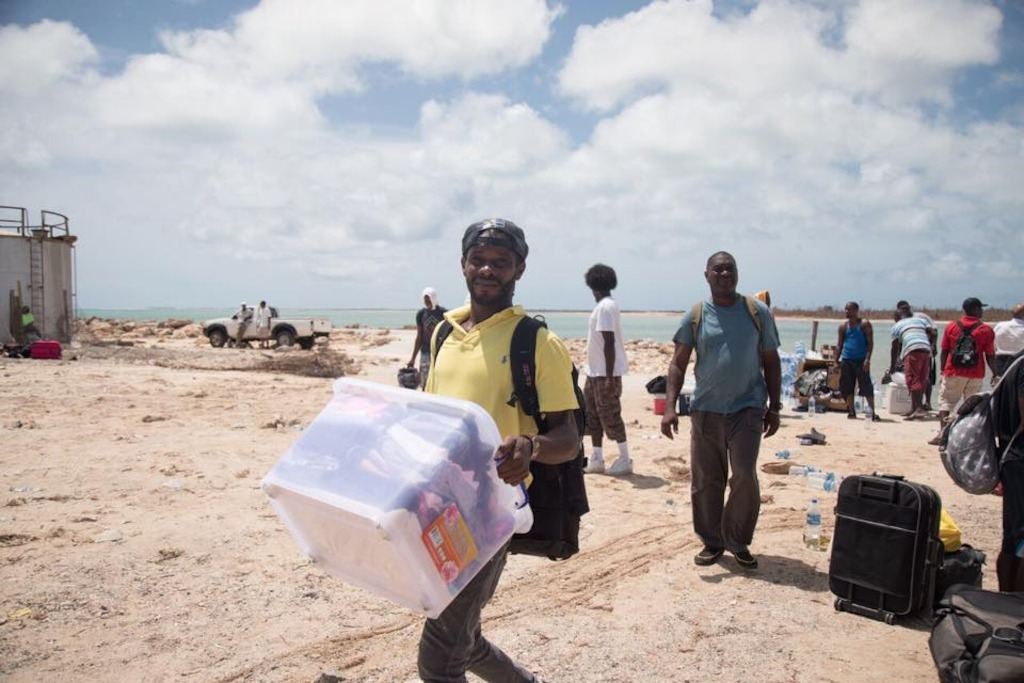OECS Strategic Plan on Human Mobility in the Context of Climate Change
OECS Media Release
Small island developing states, including the Member States of the Organisation of Eastern Caribbean States (OECS), have been recognized as being on the frontlines of climate change, due to their high vulnerability and exposure to climate hazards.
The OECS region is affected by a range of climate hazards which pose significant risks to the livelihoods and safety of citizens. These hazards are intensifying as average global temperatures increase. The growing intensity of both extreme and slow-onset events may likely result in increased human mobility, as people move in response to or in anticipation of the impacts of climate change.
Extreme events such as hurricanes result in sudden and often temporary movement of people while slow-onset events such as sea level rise may drive the permanent and gradual movement of settlements. Such climate-related human mobility may take the form of planned relocation, displacement or migration – resulting in temporary or permanent movement of OECS citizens.
It is projected that climate change impacts will mainly lead to movement of people within their own countries, or regionally. Therefore, developing and implementing national and regional approaches to address human mobility in the context of climate change should be key objectives for the OECS Commission and the OECS Member States.
There is therefore a clear need for a Strategic Plan to address human mobility in the context of climate change in the OECS and to strengthen national and regional frameworks to enhance capacities to address increased mobility in this regard. For this reason, the OECS Commission has developed a plan entitled: Strategic Plan 2020-2023: Human Mobility in the Context of Climate Change (HMCCC) for the Organization of Eastern Caribbean States (OECS) Commission.
This Strategic Plan was prepared under the “Global Project on Human Mobility in the Context of Climate Change” implemented by Deutsche Gesellschaft für Internationale Zusammenarbeit GmbH (GIZ). It builds upon previous project work by elaborating the strategic priority areas and activities for the 2020-2023 period to strengthen the management of climate-induced human mobility in the OECS region.
The strategic priority areas focus on national, regional and international initiatives. Four strategic priority areas have been identified that organize the range of actions needed to address human mobility in the context of climate change in the OECS region. These are:
- Develop Structural Processes to address human mobility in the context of climate change in the OECS Commission;
- Increase awareness and knowledge of human mobility in the context of climate change in OECS Member States;
- Strengthen regional mechanisms to support equitable and effective management of human mobility in the context of climate change within the OECS region; and
- Facilitate collaboration and knowledge exchange on human mobility in the context of climate change beyond the OECS region.
While the Strategic Plan has been developed with and for the OECS Commission, implementation of the identified activities will require engagement and support from a wide range of stakeholders. The OECS Commission and GIZ are looking forward to implementing the Strategic Plan in cooperation with all stakeholders and to making a positive difference in people’s lives.
For further information, please contact the OECS Climate and Disaster Resilience Unit: cdrunit@oecs.int

.jpg)